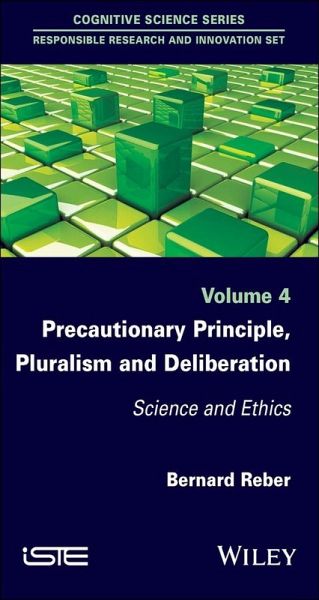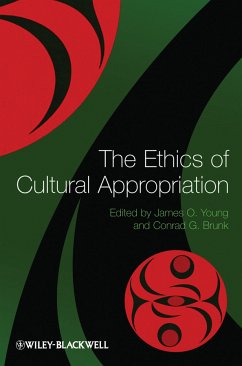
Precautionary Principle, Pluralism and Deliberation (eBook, PDF)
Science and Ethics
Versandkostenfrei!
Sofort per Download lieferbar
139,99 €
inkl. MwSt.
Weitere Ausgaben:

PAYBACK Punkte
0 °P sammeln!
This volume tackles the burden of judgment and the challenges of ethical disagreements, organizes the cohabitation of scientific and ethical argumentations in such a way they find their appropriate place in the political decision. It imagines several forms of agreements and open ways of conflicts resolution very different compared with ones of the majority of political philosophers and political scientists that are macro-social and general. It offers an original contribution to a scrutinized interpretation of the precautionary principle, as structuring the decision in interdisciplinary context...
This volume tackles the burden of judgment and the challenges of ethical disagreements, organizes the cohabitation of scientific and ethical argumentations in such a way they find their appropriate place in the political decision. It imagines several forms of agreements and open ways of conflicts resolution very different compared with ones of the majority of political philosophers and political scientists that are macro-social and general. It offers an original contribution to a scrutinized interpretation of the precautionary principle, as structuring the decision in interdisciplinary contexts, to make sure to arrive this time to the "Best of the Worlds".
Dieser Download kann aus rechtlichen Gründen nur mit Rechnungsadresse in A, B, BG, CY, CZ, D, DK, EW, E, FIN, F, GR, HR, H, IRL, I, LT, L, LR, M, NL, PL, P, R, S, SLO, SK ausgeliefert werden.













